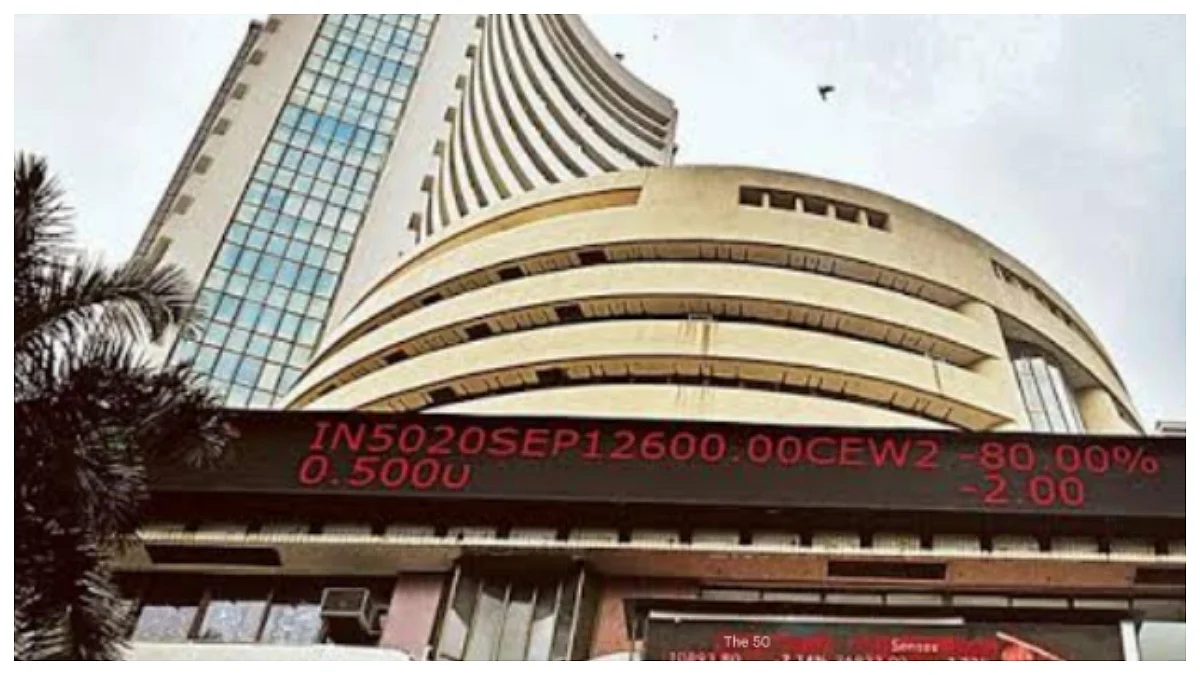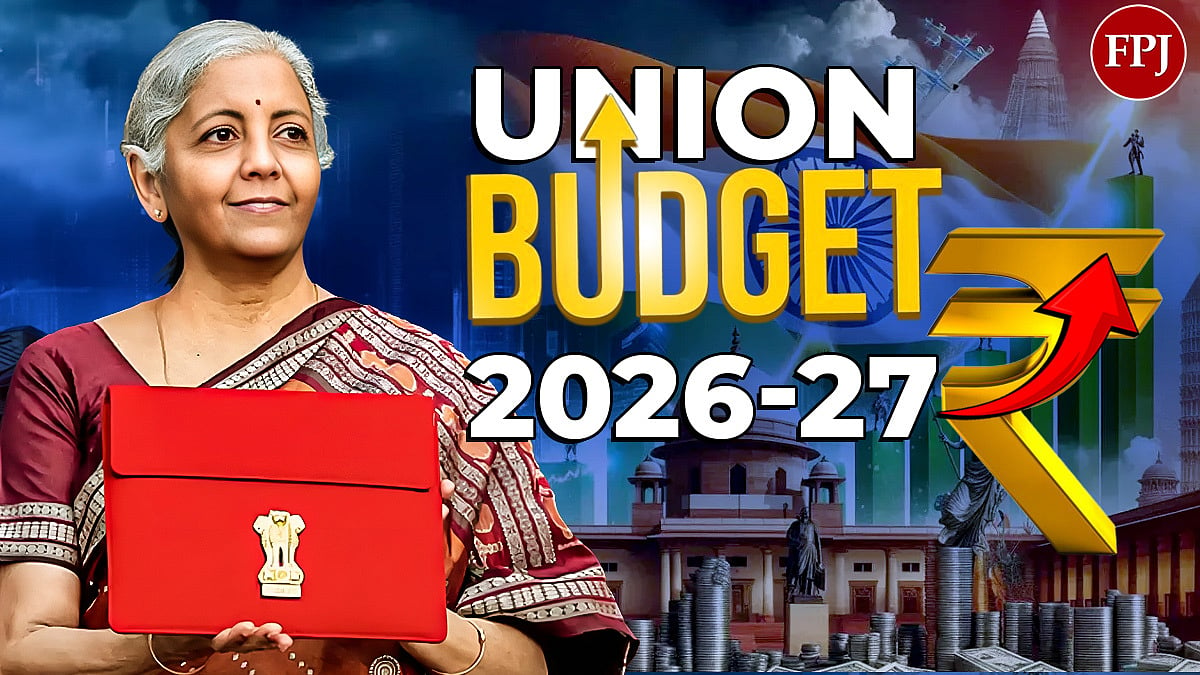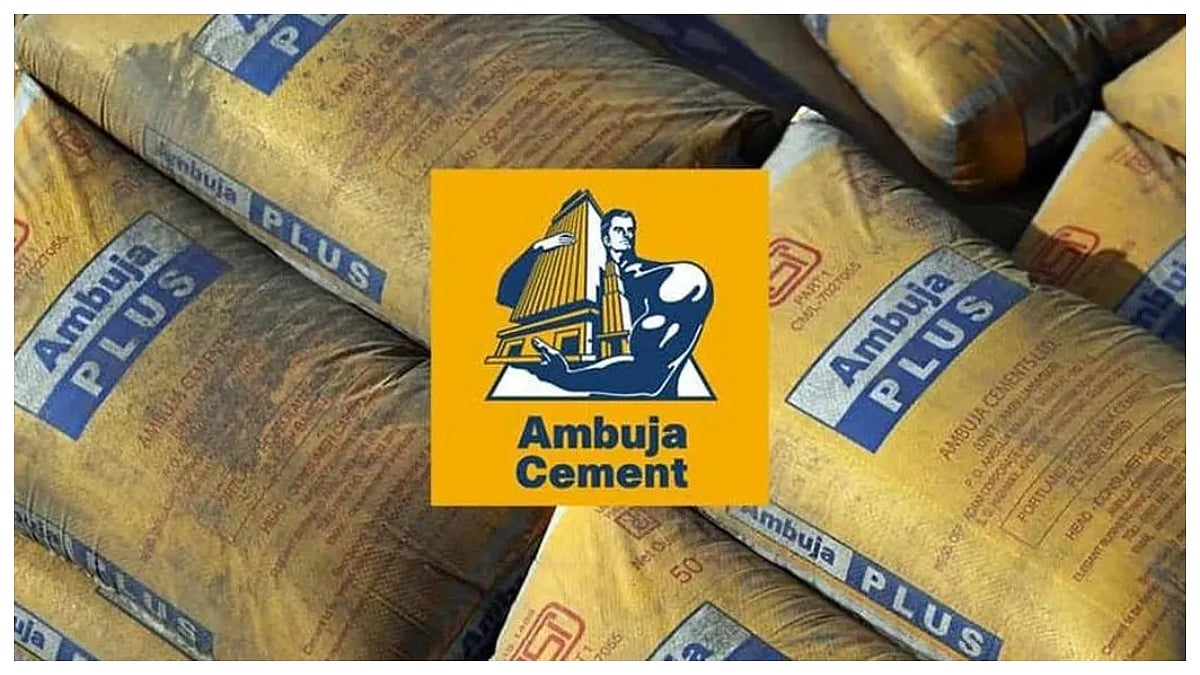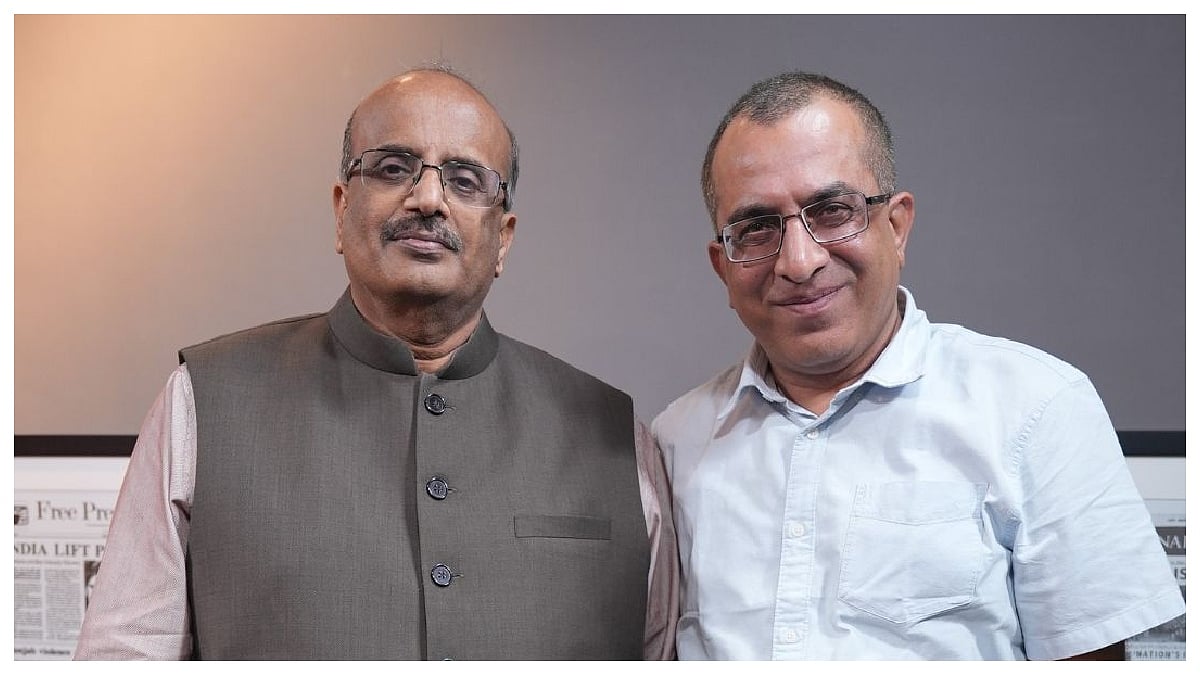The stocks of telecom sector on Thursday (September 19) experienced a decline after the Supreme Court rejected the pleas from telecom giants Bharti Airtel and Vodafone Idea for a re-computation of adjusted gross revenue (AGR) dues.
During intraday trading, the shares of Vodafone Idea decline over 15 per cent, trading at Rs 10.96 apiece. Similarly, the stocks of Indus Tower nosedive over 10 per cent to Rs 384.80 apiece.
However, in contrast, the shares of Bharti Airtel managed to inch up. At 1:54 pm IST, the stocks of the company were trading at Rs 1,674.80 apiece, up by 1.20 per cent.

Share performance of Vodafone Idea |
The shares of Vodafone Idea at 1:55 pm IST were trading at Rs 11.02 apiece, down by 14.57 per cent.
About the Supreme Court Verdict
The recent apex cour verdict had a significant impact to telecom operators who had argued that errors in the calculation of AGR dues led to inflated demands by the Department of Telecommunications (DoT).

Both Bharti Airtel and Vodafone Idea had filed curative petitions, claiming that the DoT’s figures were inaccurate and unfairly punitive.

Supreme Court of India | File
Despite their pleas, the court upheld its earlier ruling, leaving the operators responsible for paying hefty dues over a 10-year period.
Vodafone Idea, which is already struggling with a debt burden, was particularly hard-hit by the rejection.

What is AGR?
Adjusted gross revenue (AGR) is the revenue-sharing model between telecom operators and the government, which dictates the amount of licensing fees and spectrum usage charges. The key dispute has been over the definition of AGR.
A 14-Year Legal Battle
The AGR dispute, which spanned over 14 years, culminated in a 2019 ruling that increased telecom operators' liabilities by over Rs 90,000 crore.

Representational Image
In September 2020, Bharti Airtel and Vodafone Idea filed curative petitions, seeking relief from the court’s decision.
The Supreme Court had earlier allowed companies to pay their dues over 10 years, with an upfront payment of 10 per cent by March 2021 and the remaining balance by 2031.








